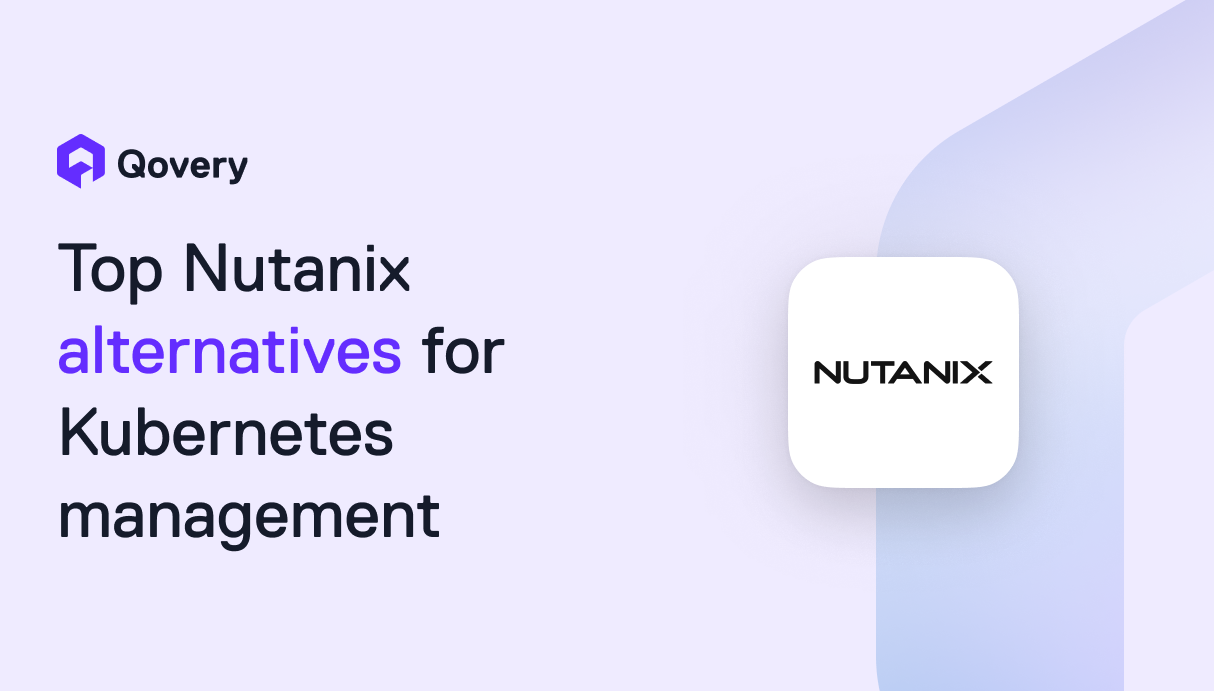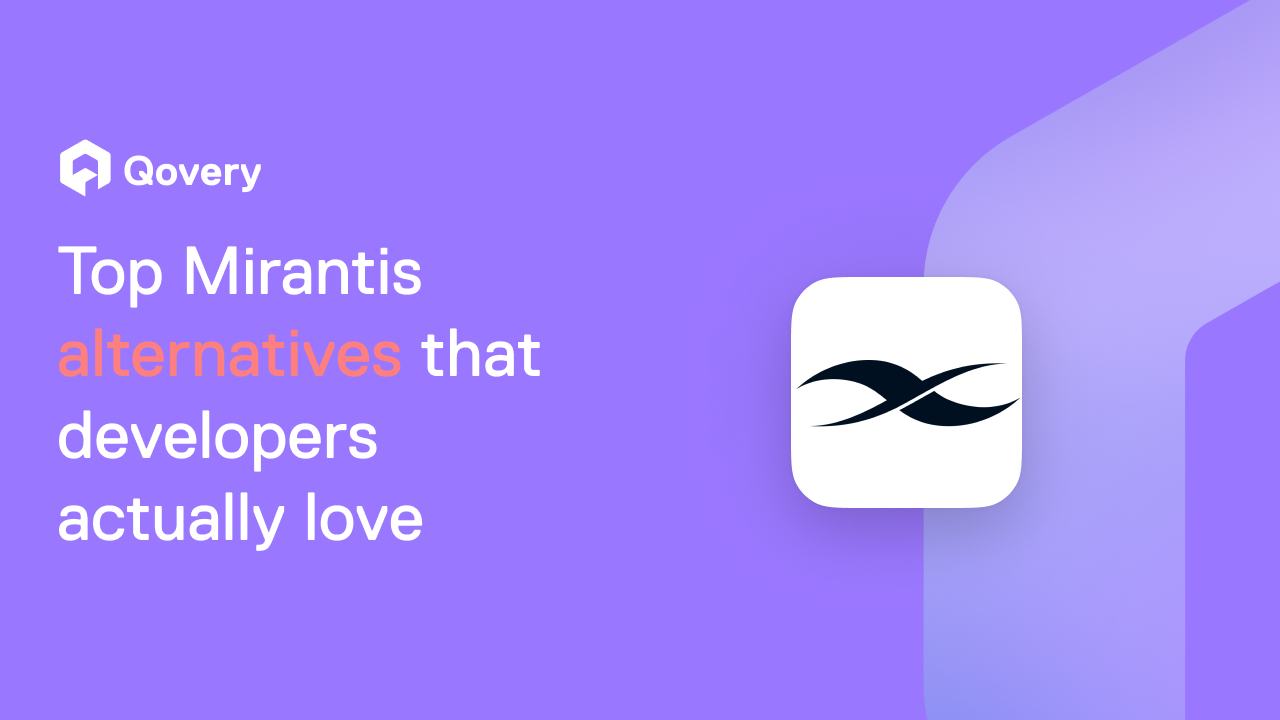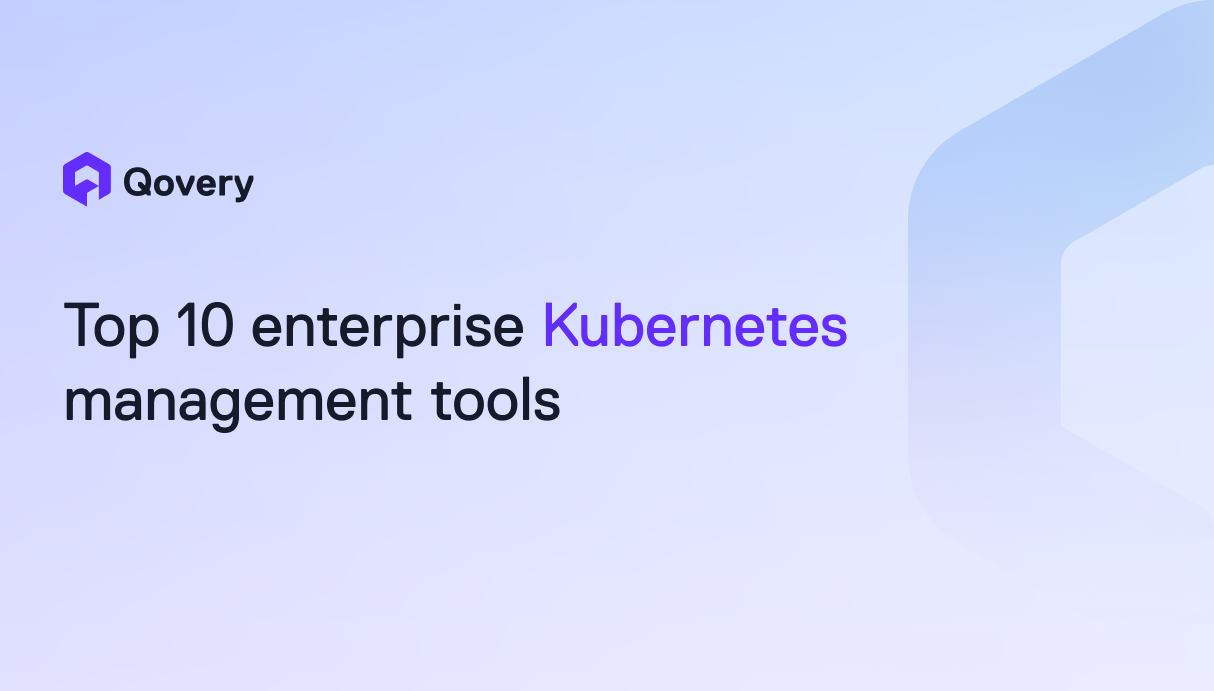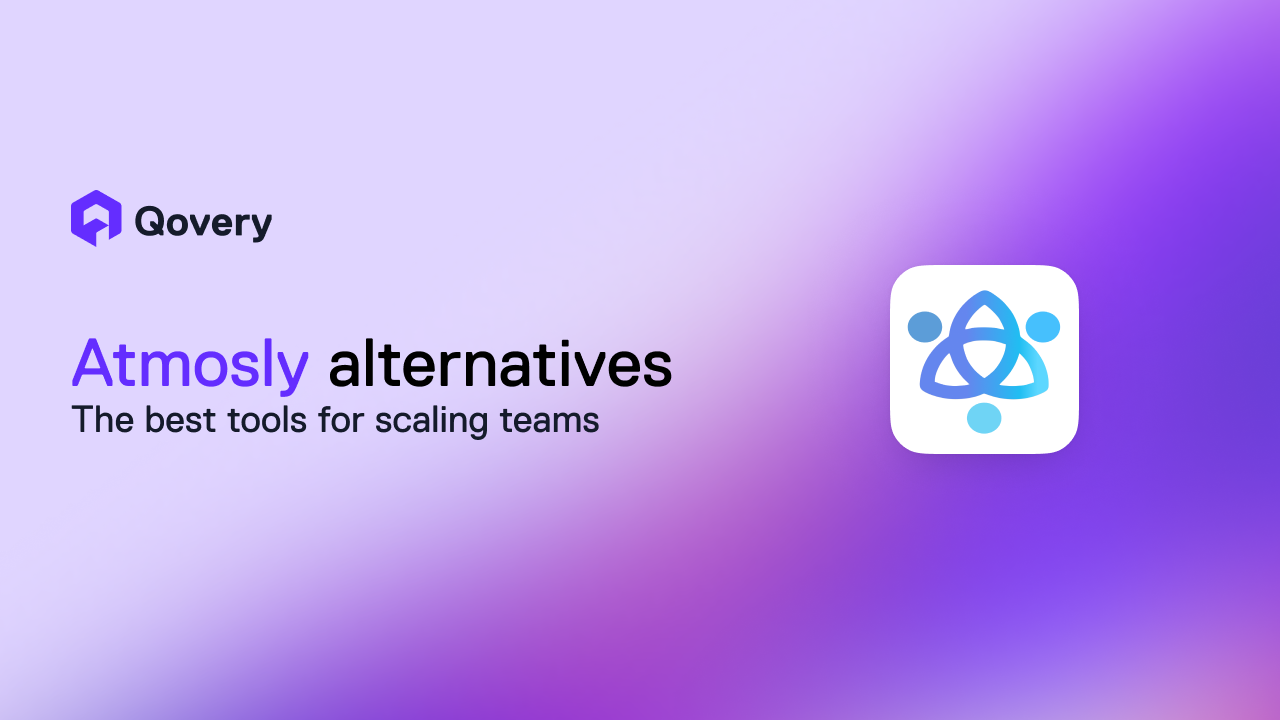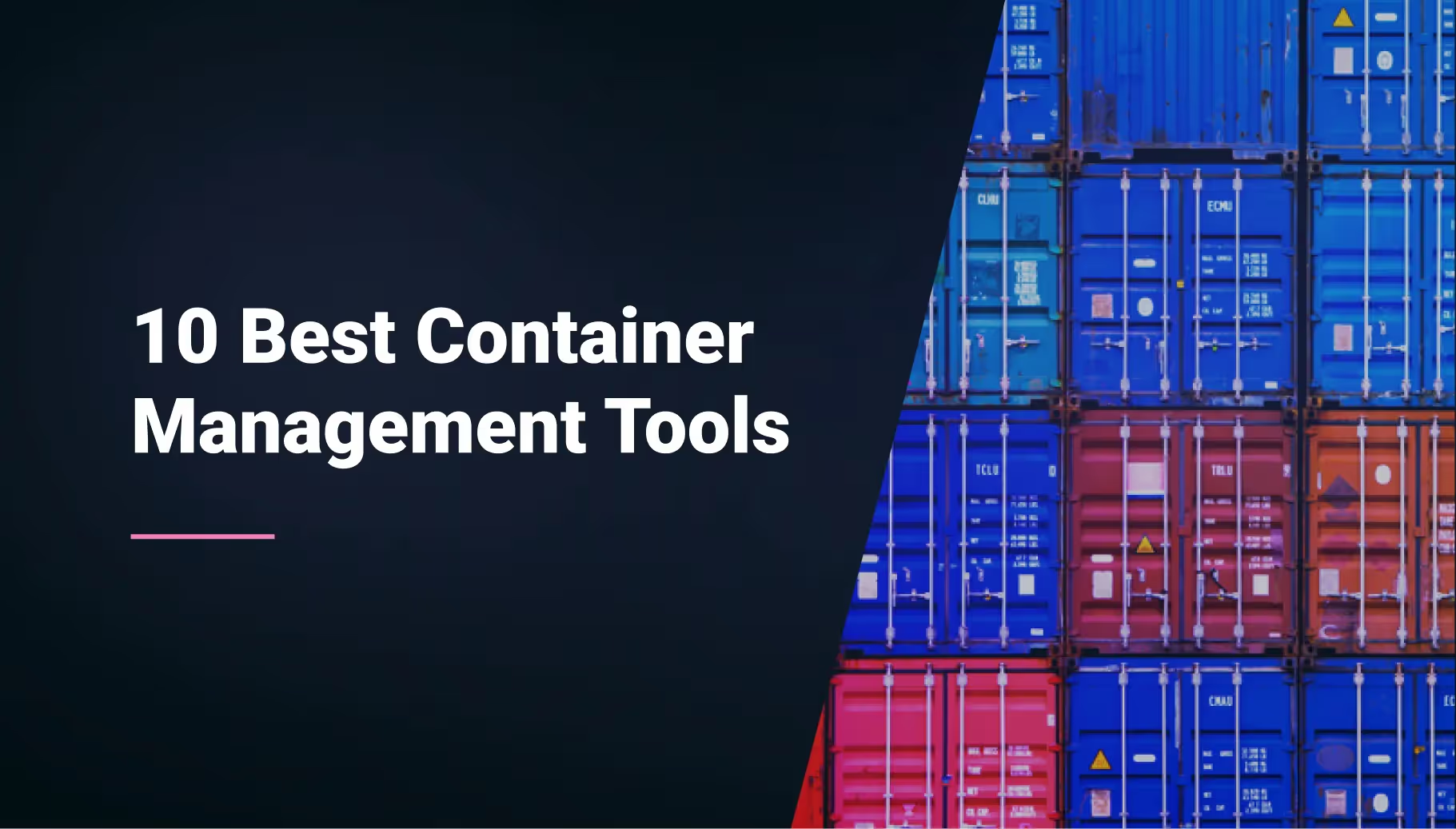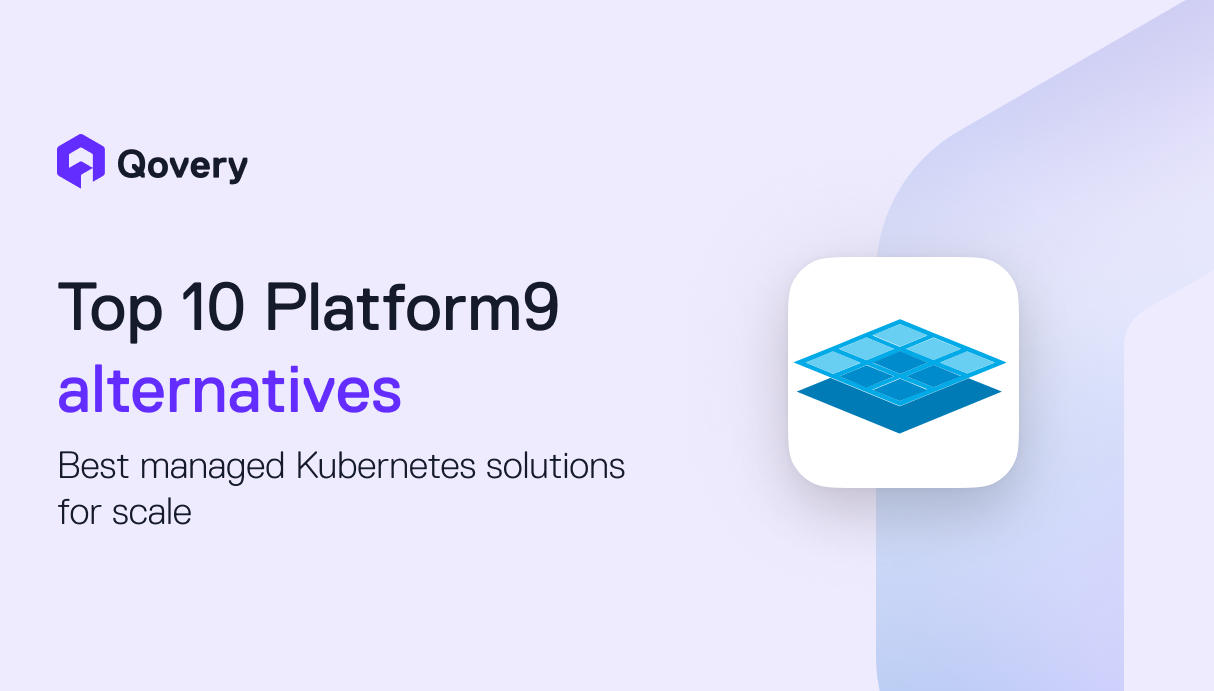


Managed Kubernetes Comparison: EKS vs Scaleway Kubernetes Kapsule

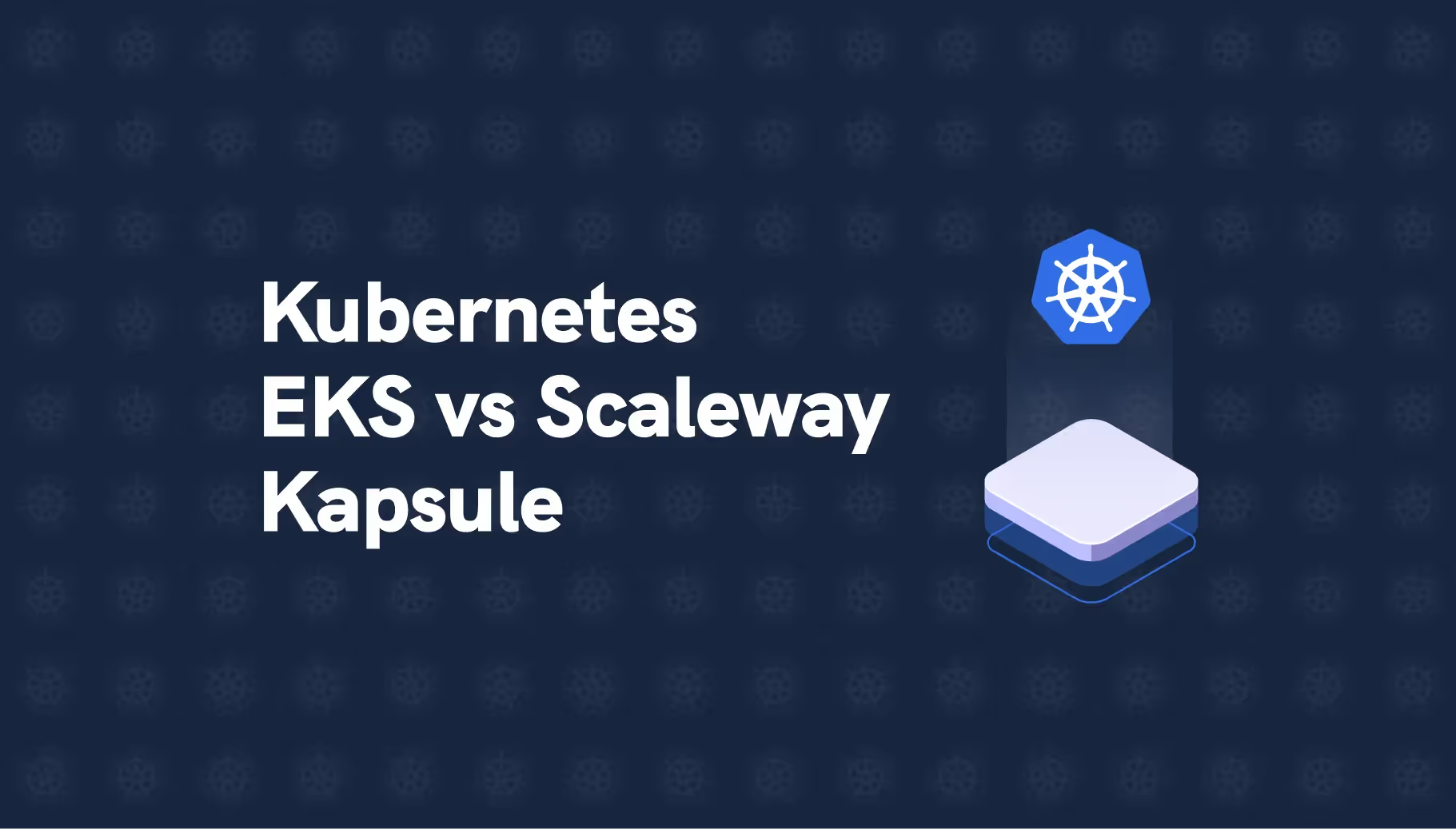

However, manually setting up your Kubernetes infrastructure can be expensive and frustrating, especially if your team doesn’t have enough DevOps experience. Cloud providers like AWS, Azure, and Scaleway aim to solve that problem by providing managed Kubernetes as a service. This saves you the trouble of handling your own control plane administration, cluster setup, scaling, monitoring and logging, and provisioning of worker nodes.
This article will compare two managed Kubernetes services, AWS Elastic Kubernetes Service (EKS) and Scaleway Kubernetes Kapsule, so you can decide which would be better for your business.
AWS Elastic Kubernetes Service
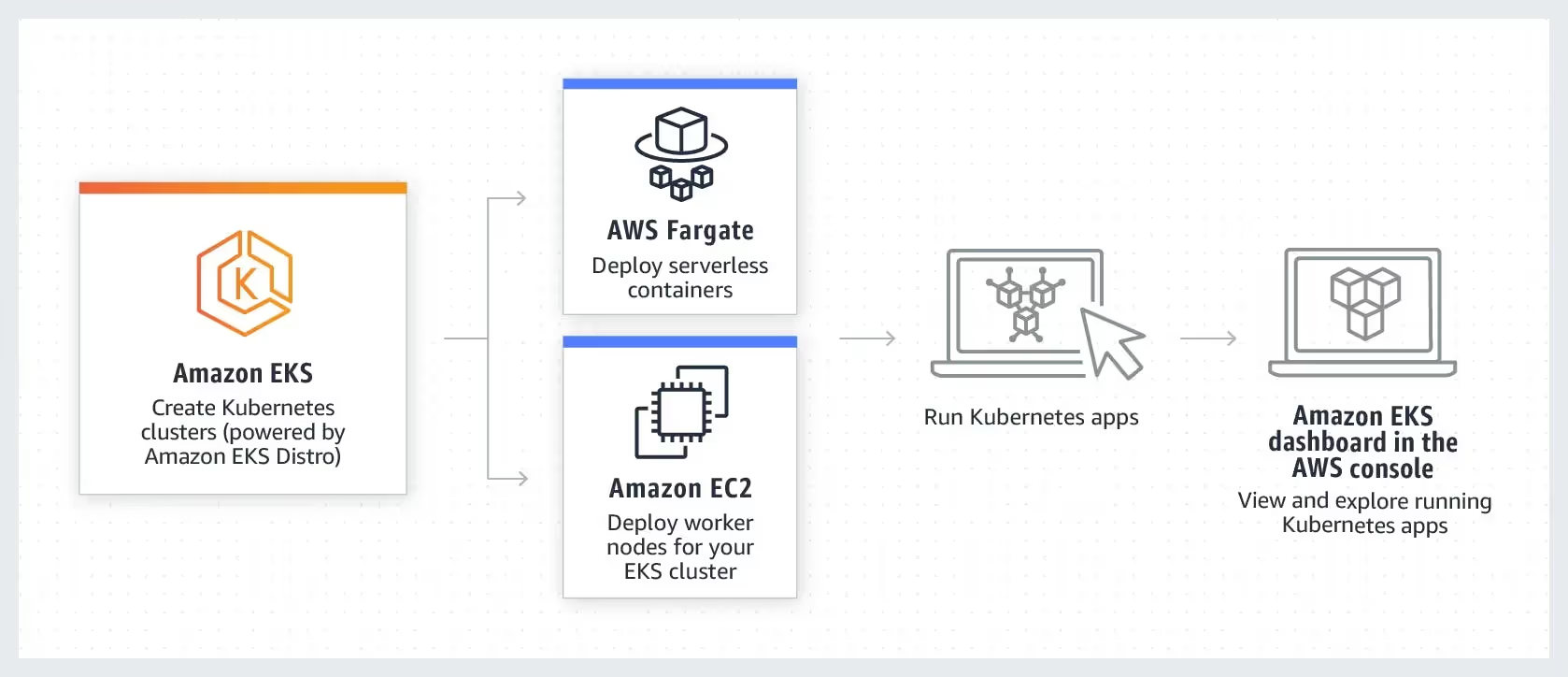
Elastic Kubernetes Service is provided by AWS to manage and scale your Kubernetes cluster. With EKS you can easily integrate other AWS services into your Kubernetes cluster, such as AWS Load Balancing, Identity, and Access Management (IAM), and Elastic Block Storage. EKS can be used to host a variety of web applications that require high availability, speed, zero downtime, and strong security.
You can also use EKS to deploy AWS Deep Learning Containers for custom machine learning environments.
Here are some of the features that EKS offers.
Managed Control Plane
The Kubernetes control plane in the master node manages the worker node and controls the functions performed in a Kubernetes cluster, such as scheduling new Pods and storing the current state of the cluster. The control plane can be complex, though, so EKS manages it for you.
Hybrid Deployments
Some organizations, like governments, work with data that’s too sensitive for the public cloud, but they still want the benefits of a managed Kubernetes service. EKS allows you to host your Kubernetes clusters on a private cloud, local servers, or both using AWS Outposts or Amazon EKS Anywhere.
Logging and Metrics
Logging and metrics are important functions in any system. AWS CloudTrail integrates with the EKS cluster to provide the history of operations performed on your cluster. You can analyze, debug, and audit your Kubernetes control plane logs on Amazon CloudWatch.
Managed Cluster Updates
Updating a self-managed Kubernetes cluster to the latest version of Kubernetes requires detailed planning and research on any changes, while also ensuring high availability during the upgrades. EKS manages these updates for you, simplifying the process.
Improved Security
EKS integrates the Kubernetes role-based access control (RBAC) system with its identity and access management (IAM) system to provide fine-grained access control to your Kubernetes control plane nodes and worker nodes. IAM also allows you to control access to AWS external services integrated into your clusters, such as databases or Secrets Manager.
Scaleway Kubernetes Kapsule
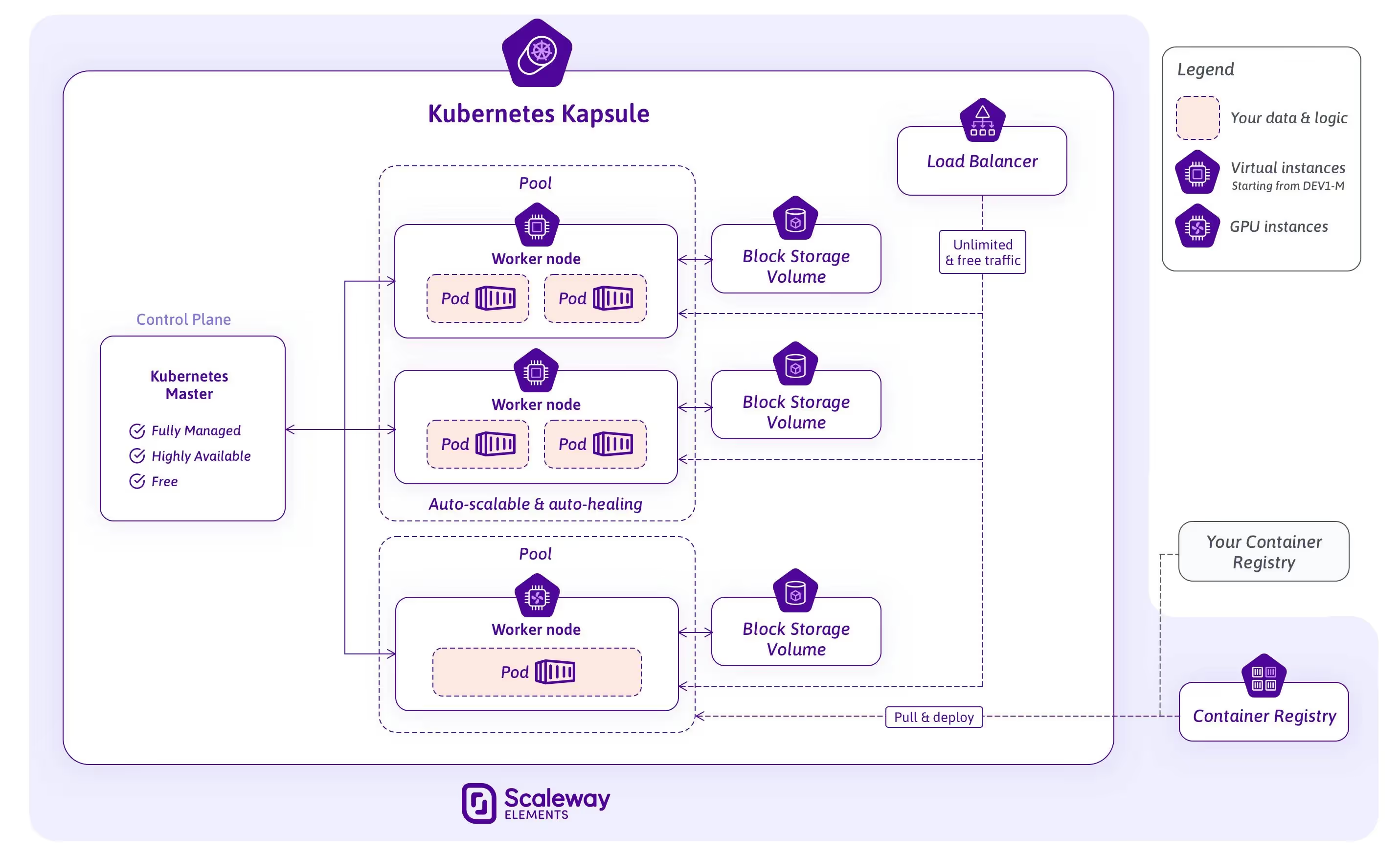
Kubernetes Kapsule, released in 2020, is provided by Scaleway Elements. It allows you to spin up and scale your Kubernetes cluster in minutes. Kubernetes Kapsule integrates easily with other Scaleway features such as virtual node instance, block storage, load balancing, container registry, DNS, and domain services.
It can be used to host high-performing applications with autoscale functionality and the ability to scale up to as many as 500 nodes. Scaleway simplifies the deployment and operations of your Kubernetes cluster so that you don’t need DevOps expertise to manage it.
Here are some of the features that Kubernetes Kapsule offers.
Managed Control Plane
Scaleway Kubernetes Kapsule’s fully managed control plane is free to use.
Kubernetes Dashboard
Scaleway provides a web interface for monitoring the activities of your Kubernetes cluster, the resources used, and the health of your cluster.
High Availability
If your control plane suffers any issues, it affects the whole cluster and thus the availability of your application. Scaleway ensures that the components of your control plane are duplicated, so if your control plane runs into problems, you can switch to the backup control plane while the main is replaced.
Pre-configured Ingress Controllers
Scaleway saves you the stress of installing ingress controllers in your Kubernetes cluster. It provides multiple options to choose from when setting up your cluster and automatically integrates your choice during cluster creation. It also allows you to install any ingress controller of your choice.
Auto-healing and Autoscaling
The worker nodes in a Kubernetes cluster can run into issues during production that affects the performance and availability of your application. Kubernetes Kapsule performs periodic health checks on these nodes and restarts them; if a node doesn’t respond for more than fifteen minutes or if the issue persists, the node will be replaced. Kubernetes Kapsule also automatically scales up and down your cluster node pools as the workload increases.
Which Should You Choose?
If you’re trying to decide which managed service to choose for your Kubernetes clusters, there are several factors to take into account.
Cost of the Control Plane
Scaleway Kubernetes Kapsule doesn’t charge for its control plane, while EKS charges ten cents per hour for its control plane, which is equivalent to $73 for one month. This means hosting your Kubernetes cluster on EKS can cost you $73 per month more than Scaleway Kubernetes Kapsule. If you have a high-performance application that requires multiple resources, this cost might be negligible, but smaller-scale applications may be better suited to Scaleway Kubernetes Kapsule.
Remember that you will be charged for other resources used in your Kubernetes cluster, such as block storage for persistent volumes, virtual machines for your worker nodes, and load balancing.
AWS offers a pricing estimate calculator to help you estimate the cost of resources for your Kubernetes cluster, as seen below. Scaleway doesn’t offer such a feature.
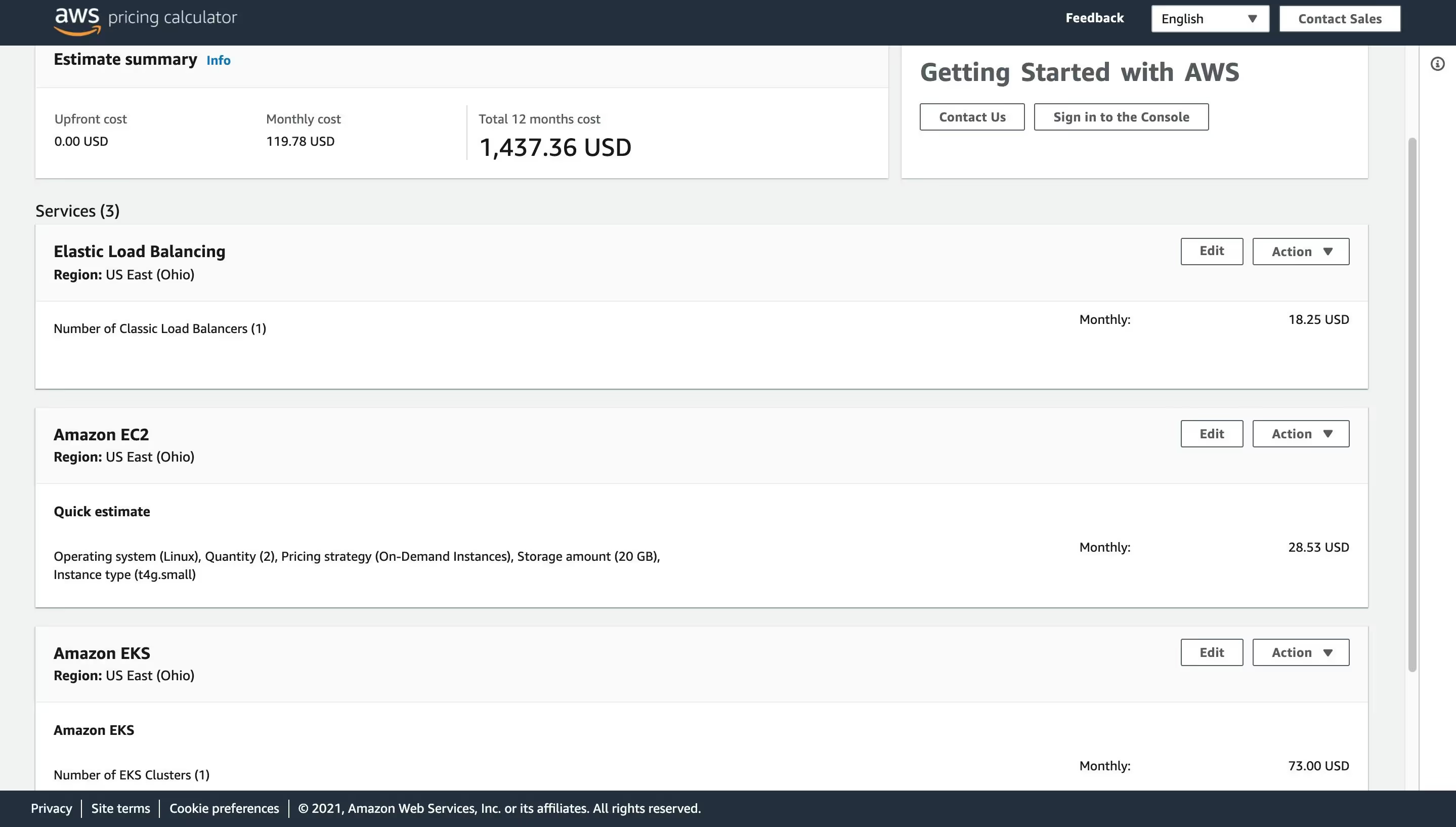
Creating a Cluster
Creating your Kubernetes cluster on Scaleway Kubernetes Kapsule is faster than EKS because there are fewer things to configure. For instance, when creating your cluster in EKS you must configure IAM roles that will allow the control plane to manage AWS resources on your behalf. You don’t have to set this up in Kubernetes Kapsule.
Community Support and Resources
Due to the popularity of AWS, EKS has more resources and community support available. If you have problems in your cluster or need help managing it, you’ll be better able to get assistance and answers than with Kubernetes Kapsule. However, Scaleway Kubernetes Kapsule offers 24/7 customer support.
Both services offer detailed documentation on their websites, which should be enough to create a cluster on either service.
Granular Control
The simplicity of using Scaleway Kubernetes Kapsule also means it has abstracted many configurations from you, so you don’t have much control over your cluster. EKS allows you more granular control, with the ability to create access control policies for your control plane and node servers, enable SSH access to your worker nodes, and configure your cluster autoscaler.
If you want more fine-grained control over your cluster, EKS is the better choice. If you’re only focused on deploying your application to the cluster, Kubernetes Kapsule may be best for your needs.
Availability Zones and Regions
AWS has twenty-five geographical regions and eighty availability zones, more than six times the number of Scaleway regions at three regions and more than four availability zones. EKS offers more highly available, fault-tolerant, low-latency network connectivity than Kubernetes Kapsule.
Integrated DNS Support
A domain name system (DNS) converts human-readable domain names such as https://www.qovery.com to machine-readable IP addresses, and it’s necessary to make your application accessible via a domain name. AWS and Scaleway both automatically configure DNS in your Kubernetes cluster. You can also use an external DNS on both services.
Autoscaling Options
Scaleway Kubernetes Kapsule provides an autoscaling option when creating your cluster, which is automatically configured for you on your Kubernetes cluster and node. In EKS, you must configure the Autoscaler functionality in your Kubernetes cluster to enable autoscaling.
Support for Kubernetes Versions
EKS and Scaleway Kubernetes Kapsule support at least the latest three versions of Kubernetes. Kubernetes Kapsule allows you to upgrade Kubernetes automatically based on your timeframe, but EKS doesn’t provide this option. It’s easier to upgrade to a specific version of Kubernetes in Scaleway Kubernetes Kapsule compared to EKS, because in EKS you must follow a series of procedures in order to update the Kubernetes version your cluster uses. Kubernetes Kapsule handles the update automatically once you’ve specified which version you want.
Conclusion
Managed Kubernetes services enable you to create a cluster within minutes and remove the overhead associated with self-hosted Kubernetes clusters. Each of these services offers appealing benefits. If you have a small team just starting with Kubernetes, Scaleway Kubernetes Kapsule may be more suitable because you’ll save on costs and won’t need to configure your cluster yourself. If you’d rather have fine-grained control along with the benefits of a managed Kubernetes cluster, then EKS is the better choice.
Whichever service you choose, there are additional tools available to more easily deploy your applications. Qovery enables you to deploy to your AWS or Scaleway account within fifteen minutes with fewer configurations required, so that you can focus on other aspects of your application and business. To learn more about Qovery, check its documentation.
---
This article is part of the "Managed Kubernetes Comparison" series.

Suggested articles
.webp)



.svg)
.svg)
.svg)
